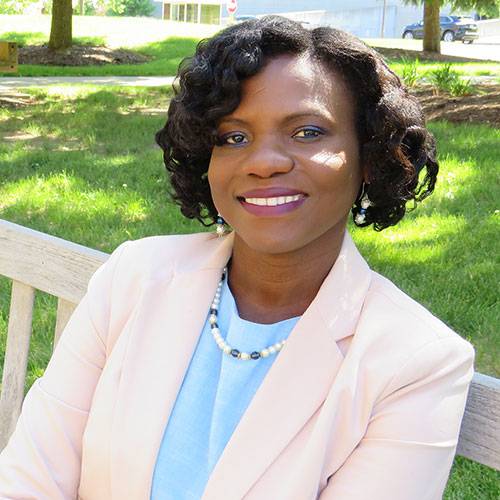ADD THESE DATES TO YOUR E-DIARY OR GOOGLE CALENDAR
This site is part of the Siconnects Division of Sciinov Group
This site is operated by a business or businesses owned by Sciinov Group and all copyright resides with them.
ADD THESE DATES TO YOUR E-DIARY OR GOOGLE CALENDAR

Colgate University, United States
Title:A Qualitative Look at Work and Retirement Patterns for Grandmothers Caring for Grandchildren with Disabilities
Using a life course perspective that emphasizes the impact of cumulative inequalities on grandmothers who care for grandchildren with disabilities, we use in-depth interviews to assess work and retirement patterns. Over 50% of U.S. grandparents provide financial assistance to their adult children and grandchildren; 39% provide grandchild care; and 31% help with errands, housework, and home repairs (Livingston and Parker 2010). These rates are higher for the 17% of US children who have disabilities (CDC 2017). Why do US grandparents do so much? Igel and Szydik’s (2011) comparison of different country policies found that where state supports to working families are more extensive, grandparents provide less care. The US lacks federal policies that guarantee paid sick days, vacations, or parental leaves, subsidized childcare, or health insurance. We identify three work and retirement patterns. (1) Many alter their work schedules, using paid time off to care for their grandchildren, coming in late, leaving early, bringing grandchildren to work, calling in sick, using vacation days, bringing work home, or working weekends to provide care for their grandchildren with disabilities; (2) Some work more years or hours than they need to minimize grandchild care; and (3) Some retire earlier than they can afford to care for grandchildren with disabilities. Over ¼ of our respondents either stop working or reduce work hours. As cumulative inequality theory suggests those with the greatest resources and the fewest demands tend to fare well, those with the fewest resources and the greatest demands tend to experience adverse impacts.
Ynesse Abdul-Malak is an assistant professor of sociology at Colgate University, NY. She is an award-winning public sociologist. She has published extensively on racial health disparities and grandparenting. Her latest publication is on social determinants of health affecting stroke outcomes.